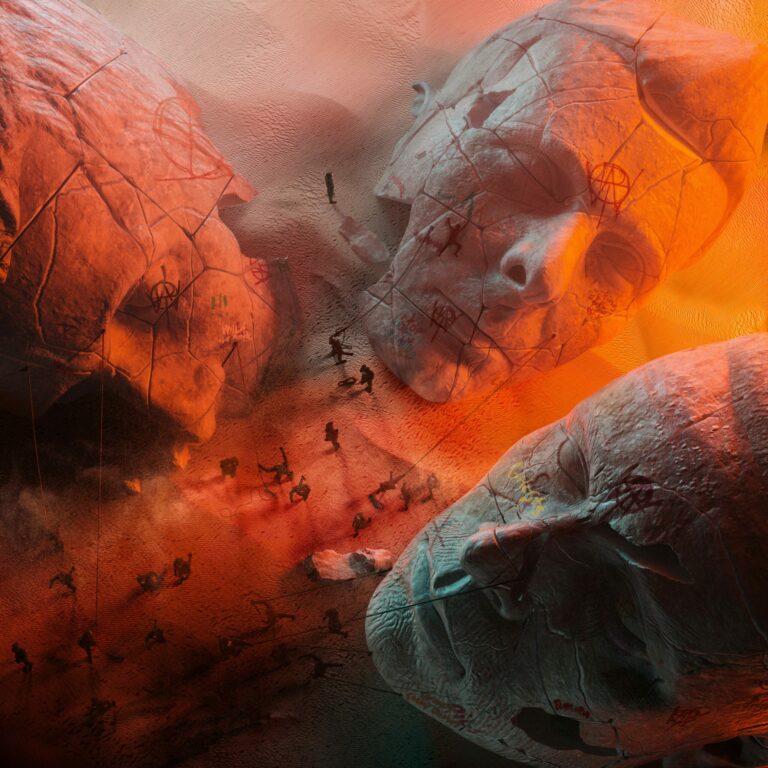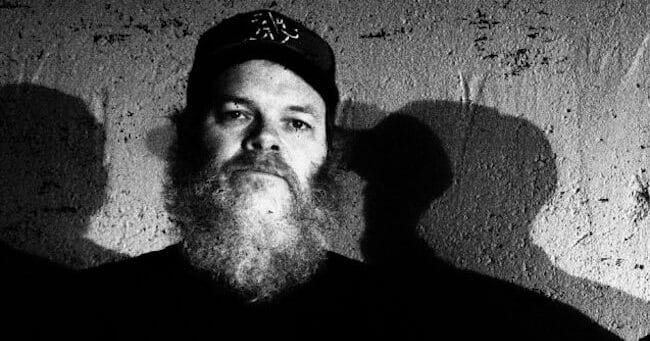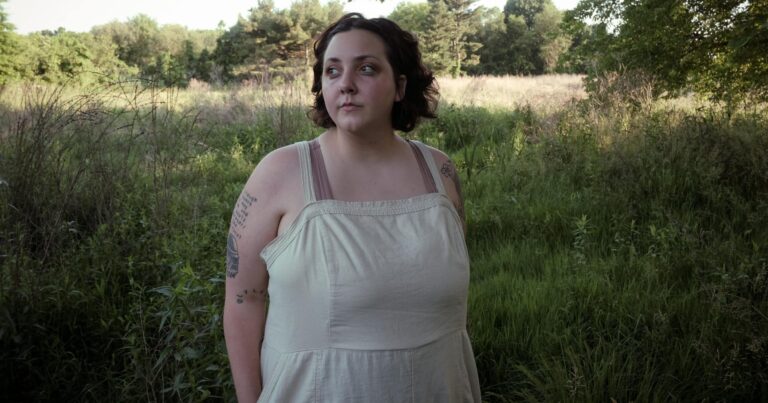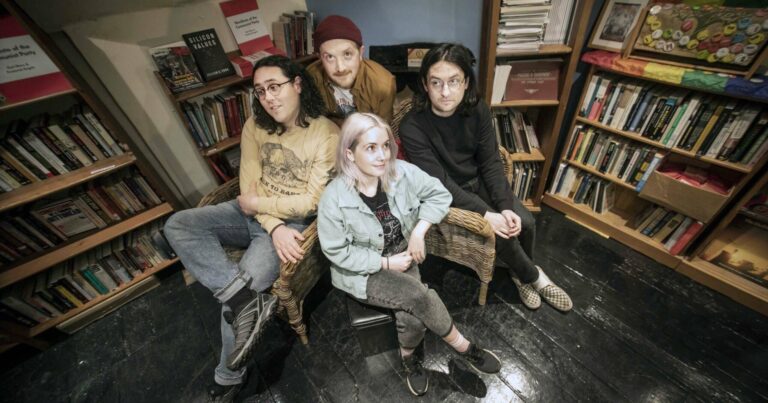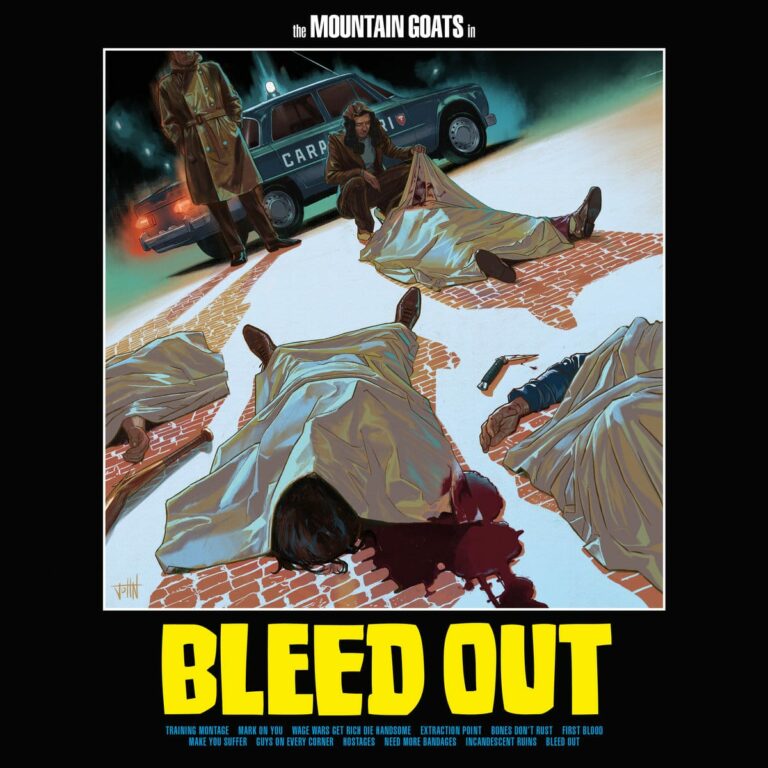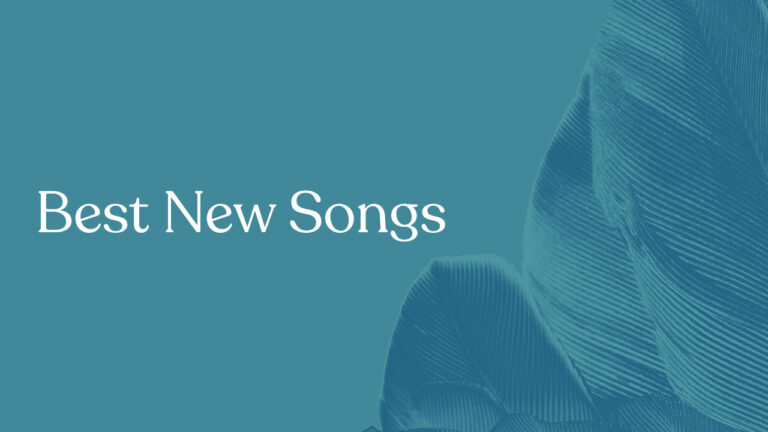These days, modern technologies define the way our life goes. It can have both positive and negative impacts. Still, modernization is an undeniable phenomenon. You cannot focus on old-fashioned ways of living. You need to adapt to the fast-changing digital era. To succeed in your work and have a happy life, in general, you must use every tool you have. Modern technologies allow gaining a high convenience of life. The work can be also improved with AI, automation of processes, and advanced software solutions. Therefore, socialization has gained its new form as well. Remote work has long become a usual matter. Working and studying online is no longer a novelty.
Chatting online has become quite a traditional modern way of socialization as well. You can be more comfortable if you choose to talk to strangers than when meeting a person in real life. You no longer need to arrange a meeting with friends at some venue. You can click a few buttons and start your online live video chat at once. It is extremely convenient. Besides, you can reach your video pal at any time you like. Modern people prefer up-to-date ways of communication. They like to chat video random because it is an easy way to spend time with other people. Besides, chats with strangers are quite exciting. You meet a new individuality and learn first-hand something new. Online chatting is surely a new way to socialize.
New Way of Socializing with Online Chats
You can greatly succeed once using up-to-date technologies. It is possible to work and study productively remotely. The distance does not have significance. You can nicely socialize once preferring online chat with strangers. Sure, it is remote communication. But, it can be as open and honest as you want it. Not every meeting at some café or restaurant brings tons of positive memories. Besides, preferred strangers’ video chat can allow you to communicate with people with the same interests. You can search for people with certain interests and hobbies online easily. In real life, you can easily meet people that have nothing in common with you.
Sure, socializing was previously known as communication with family, relatives, friends, neighbors, etc. The main point of socializing has not changed. You can meet and chat with the same people online. In addition, you can chat with strangers. There is no duty written in the Constitution for you to chat only with certain people. You are free to meet tons of new people online daily. Also, you are not forced to maintain communication with the people you do not like to talk to. In some groups of people, at different gatherings, you need to be polite to everyone. Also, you must maintain quite superstitious communication with everyone.
Different Ways of Socializing Online
Online chatting websites offer exceptional possibilities for people who want to socialize. You can easily join any video chat with a few clicks. Besides, you can define who you want to chat with. You can find the best people based on your preferences, hobbies, and interests. Also, you can arrange your chats with friends. It is an amazing way to connect with all your associates. You can chat easily about anything you like to talk about.
Some people prefer text chats. Others like to chat with strangers via video chats. You can see the person and see his/her reaction. Besides, you can get your dose of socialization whenever you need it. You can open a chat video randomly once you are on a break or after work. You are free to arrange your own time for communication. Even modern businesses use the benefits of online video chatting. They arrange and control the work of remote departments once arranging regular meetings online.
Online chat strangers can be a great solution for those who prefer flying solo. In such a case, you do not need to arrange video conferences with numerous people. You can chat with a single person. Also, you can gain more confidence once you socialize online. You can learn how to impress people with your stories. You are not under any social pressure when you chat online. The online live video chat is an opportunity to test your communication skills. Also, it is an exceptional chance to experience virtual reality if you prefer VR chats. Some online chats can be very educational and informative. It includes Zoom, Rec Room, and TwoSeven.
Conclusions
Modern devices and software bring extra convenience for people. Remote study and work have become usual concepts. You can productively study and work remotely from any place. The socialization phenomenon has already gained a few benefits with the digital era breaking. You can communicate nowadays via video chats easily once meeting new people daily. Thus, you can still socialize even once staying at home. Many people prefer online video chats. They allow meeting plenty of new people every day.
What is more, video chatting is lacking social pressure. You do not need to follow any communication rules or etiquette. You are free to express your real thoughts. It is very beneficial to join video chats for people who prefer solitude. They still can socialize even if they do not like huge gatherings or parties. Chatting online is a new efficient way of socializing. Besides, with advanced modern technologies, it is quite a convening and pleasant way of socialization for sure.

